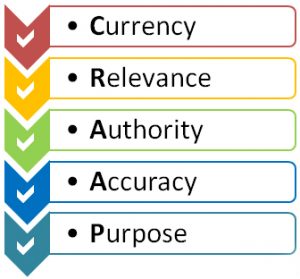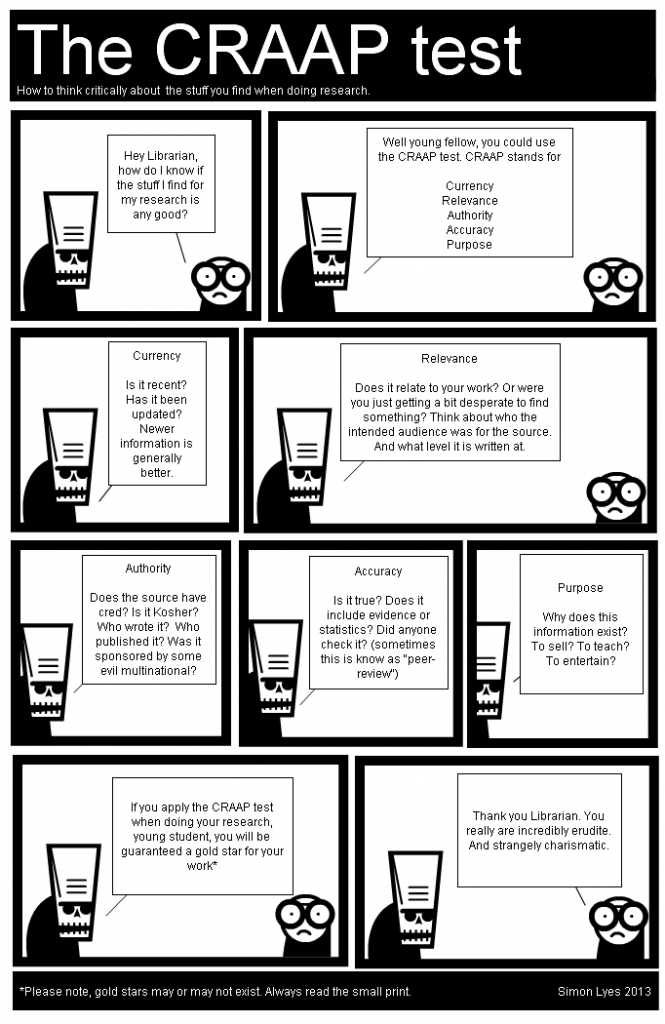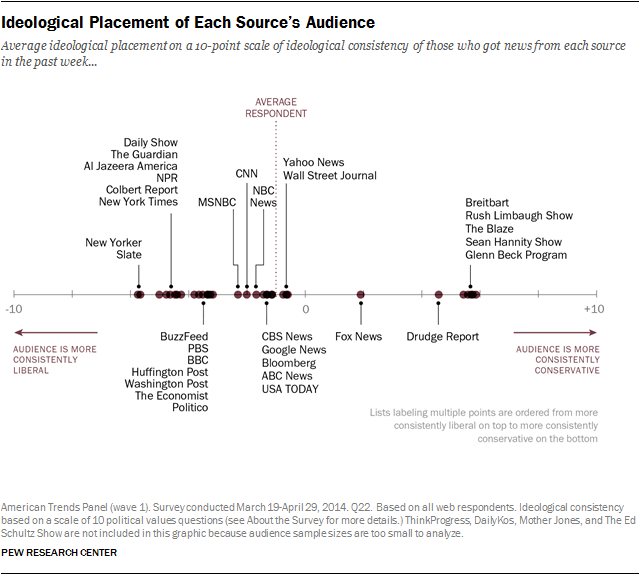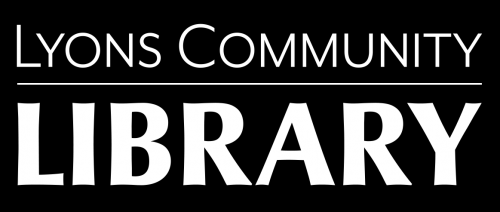This Guide was written for the Lyons Regional Library District by Sarah Hagerman. She is finishing her Masters in Library and Information Science at the University of Washington. This Guide reflects the purpose of the American Library Association’s Key Action Areas. “The ALA assists and promotes libraries in helping children and adults develop the skills they need – the ability to read and use computers – understanding that the ability to seek and effectively utilize information resources is essential in a global information society.” (See link for direct reference) We are grateful to Sarah for her dedication to the Lyons Regional Library District and to our profession.
Media Literacy
If they can get you asking the wrong questions, they don’t have to worry about the answers. – Thomas Pynchon
Fake news is not a new concern. Yellow journalism and political propaganda have existed throughout the history of print journalism. But our current political climate coupled with the proliferation of information available online has created an environment where it’s often hard to distinguish fact from fiction.
The definition of “fake news” itself is not cut and dry, and the term is falling out of disfavor as it can be widely and loosely applied to dismiss anything a reader disagrees with. However, according to Melissa Zimdars, Professor of Communications at Merrimack College, it generally falls into four categories:
CATEGORY 1: Fake, false, or regularly misleading websites that are shared on Facebook and social media. Some of these websites may rely on “outrage” by using distorted headlines and decontextualized or dubious information in order to generate likes, shares, and profits.
CATEGORY 2: Websites that may circulate misleading and/or potentially unreliable information
CATEGORY 3: Websites which sometimes use clickbait-y headlines and social media descriptions (Such as, “You’ll never believe what happens next!” or, “This video will make you angry!”)
CATEGORY 4: Satire/comedy sites, which can offer important critical commentary on politics and society, but have the potential to be shared as actual/literal news.
Journalist and media strategist Anders Hofseth offers a simplified definition in a recent Reuters article: “Fake News is news items that are invented or distorted intentionally. One of the most important things we do, is paying attention to the intent, not the ‘news’.”
In today’s complex, fast-paced information environment, where many stories compete for our attention at once, taking a critical eye to ALL media sources, no matter how well-regarded, is important. There is no such thing as perfectly unbiased journalism, after all. It is equally important to be aware of our individual biases and the filter bubbles they create for us as media consumers.
In this guide, we offer some tools and resources that have been developed to help identify and evaluate questionable information, as well as assist you in asking critical questions of all the media you encounter in your efforts to be an informed citizen.
Red Flag Checklist
 Website does not look professionally designed
Website does not look professionally designed- Lack of citations or links to verifiable information
- No author/sponsoring organization is listed, either on the main page or in an ‘About Us’ section
- The page’s purpose is to sell something (almost all .com)
- There is a lot of advertising on the page
- The publisher is promoting a specific point of view
CRAAP Test


SMELL Test

- S – Source
- Where did it come from? Who wrote it, published it, posted it?
- M – Motivation
- What are they trying to sell you? Who has what to gain (or lose)?
- E– Evidence
- Where’d they get their data? Says who?
- L – Logic
- Can you follow their train of thought? Do they commit logical fallacies?
- L– Left Out
- What aren’t they telling you?
How to Choose Your News
Filter Bubbles
“Your own personal, unique universe of information you live in online. And what’s in your filter bubble depends on who you are, and it depends on what you do. But the thing is that you don’t decide what gets in. And more importantly, you don’t actually see what gets edited out.” (via Eli Pariser’s TED Talk)Left – Center – Right Slants

Think Tanks
Conservative
Liberal
Across the Great Divide
The Wall Street Journal has a fascinating Blue Feed, Red Feed generator. Check it out, and then watch Rob Willer’s TED talk.Articles
- Finder’s Guide to Facts (NPR)
- What Does Fake News Tell Us About Life in the Digital Age from A Field Guide to Fake News (Nieman Foundation at Harvard)
- It’s Everywhere, the Clickbait (The Atlantic)
- The Long and Brutal History of Fake News (Politico Magazine)
- U.S. Diplomacy and Yellow Journalism: 1866-1898 (U.S. State Department)
- What Is Driving the Rise of ‘Fake News’ and News Literacy Lessons to Spot It (The News Literacy Project)
Charts and Lesson Plans
- Evaluating Information: The Cornerstone of Civic Online Reasoning (Standford History Education Group)
- Lesson Plan: How to Teach Your Students About Fake News for Grades 7-12 (PBS NewsHour)
- Online Comprehension Strategies Diagram (ReadWriteThink.org)
- Is This a Hoax? Worksheet (ReadWriteThink.org)
